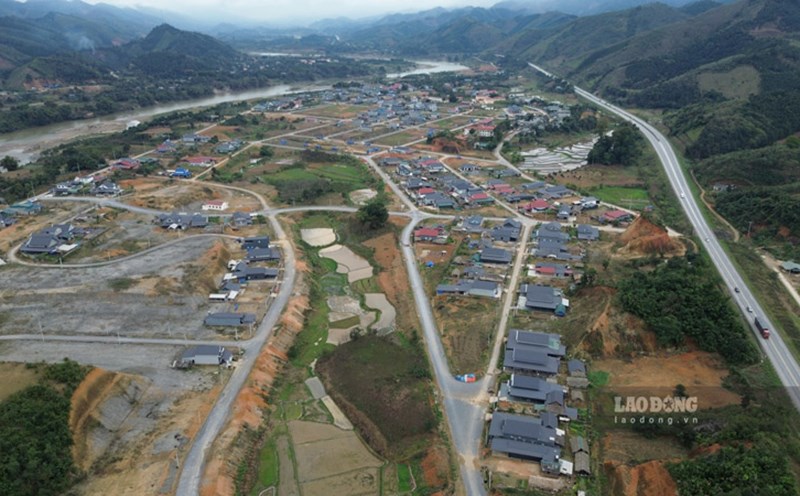Taking a look around online forums, the majority of opinions criticized and worried about this affecting the image of tourism and children's rights. However, if you look at it from another perspective, you can see that the incident is not completely negative as many people have assessed.
First of all, it should be noted that in the past, the situation of children soliciting, hunting for tourists to sell souvenirs or ask for money in Sa Pa has decreased significantly. This is a commendable bright spot in the efforts to improve the tourism environment of local authorities.
From the image of children chasing tourists, begging to buy goods or ask for money, they now have another approach: performing and dancing and tourists have the right to choose whether to support or not.
The form of leaving the tip-box box next to it, whoever likes it can give it, whoever doesn't like it can give it, it's not really strange. In many developed countries, especially at train stations or public squares, street artists blowing horns, playing music, dancing or performing special abilities to receive tips is quite popular.
This not only creates a vibrant atmosphere but is also a way for individuals to develop their abilities. So why do we look at it with a different eye when it comes to children in Sa Pa?
Many tourists really enjoyed witnessing the skillful dances of the children. They applauded, filmed clips, even "challenged" the students to compete in dances and completely volunteered to put a few small bills in the tip-box.
Many recorded videos show that the children dance very methodically and have good skills. If considering the criteria of a street artist, this is a valuable form of labor. Instead of being viewed as extreme, perhaps we need to think about how to manage and orient them to develop properly.
Another concern is whether they are being taken advantage of or not. In fact, most dancers are supervised by their parents or relatives. This helps reduce risks, while ensuring that students are not forced to do things they do not want to do.
Of course, not everyone likes this phenomenon. However, if we look at the cultural perspective and the rights of the local people themselves, performing for extra income is not something to be condemned. The important thing is how to manage effectively, avoiding corruption.
If there is a good management method, ensuring that children do not drop out of school and are not exploited, then why speak out against a form of livelihood that they and their families feel suitable for?
In short, instead of being extreme in opposing, perhaps we should guide, manage and create a sustainable development environment for local children. If you do not support, you should not be strict. Because after all, Sa Pa is beautiful not only because of the natural scenery but also because of the people and the unique cultural features they create.











